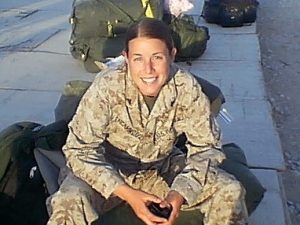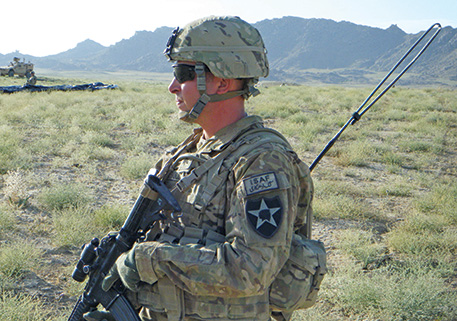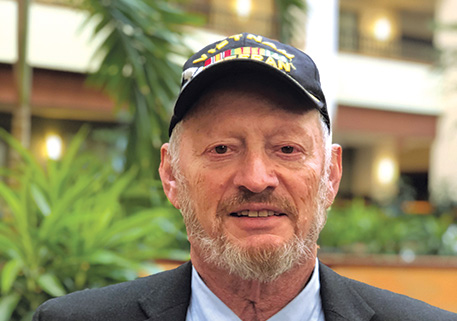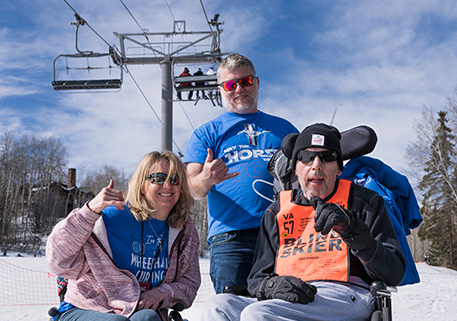 DAV national service officer offers personal testimony as an advocate and survivor
DAV national service officer offers personal testimony as an advocate and survivor
The Department of Veterans Affairs will assign five regional offices to decide veterans’ claims for conditions due to military sexual trauma (MST), the agency announced at a congressional hearing in May.
Previously, these claims were processed through the Veterans Benefits Administration’s National Work Queue, but due to the highly specialized nature of these cases, VA employees in these five locations will receive focused training to help adjudicate these claims correctly.
“Disabled veterans must have confidence that their claims will be fairly and accurately decided,” said Sen. John Tester, chairman of the Senate Veterans’ Affairs Committee. “Veterans bearing invisible wounds from military sexual trauma are held to an impossibly high evidence standard.”
Acting VA Under Secretary for Benefits Thomas Murphy told the Senate panel that not all claims are equal, and those related to MST “require additional focus and handling in an accurate and compassionate manner.”
National Service Officer Carmen McGinnis said she is keenly aware of just what it takes to get a claim related to MST across the finish line—both as a DAV benefits advocate and an MST survivor.
“I am proud to have served—incredibly proud to be a Marine,” she told lawmakers at the hearing. “But my service was marred by the actions of another. I am here before you today because I am a survivor.”
McGinnis, who served in Afghanistan after enlisting on 9/11, identified the inconsistencies veterans face when seeking benefits related to MST. Specifically, she pointed to the high evidentiary standards the VA requires of MST survivors, noting that veterans who served in combat are not subject to the same burden—the VA accepts the accounts of these veterans as long as their records reflect they served in a combat zone.
“It is enough for them to claim that they feared for their life,” explained McGinnis, who is a national area supervisor operating out of DAV’s office in Denver. “I expect, if asked, many MST survivors would report they feared for their lives—I certainly did.
“Our trauma is no less significant, and our pain and suffering is just as real,” she added.
McGinnis noted in her testimony that VA policy requires employees who arbitrate claims associated with MST to look for specific “markers,” or signs of the trauma—such as fluctuations in weight or behavioral episodes that corroborate incidents—even though in many cases, these may not exist in the veteran’s records. However, this is not happening in many cases.
A VA inspector general report released this year found that this issue persists, causing the department to incorrectly deny benefits to thousands of veterans.
While DAV commends the steps taken by the VA to send these cases to experienced and trained employees—a process the VA expects to complete by the end of September—there is more work to be done. DAV has called on Congress in the past to enact legislation that brings evidentiary standards for post-traumatic stress disorder claims related to MST in line with those established for veterans who served in a combat zone.
“I am fortunate, because my assault was reported and well documented, and I had very little burden in proving my claim,” said McGinnis. “Sadly, many other veterans are not in my situation.”






